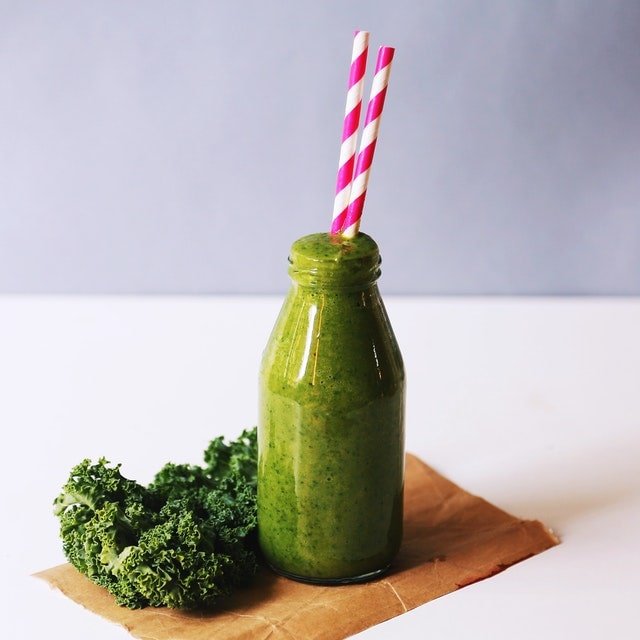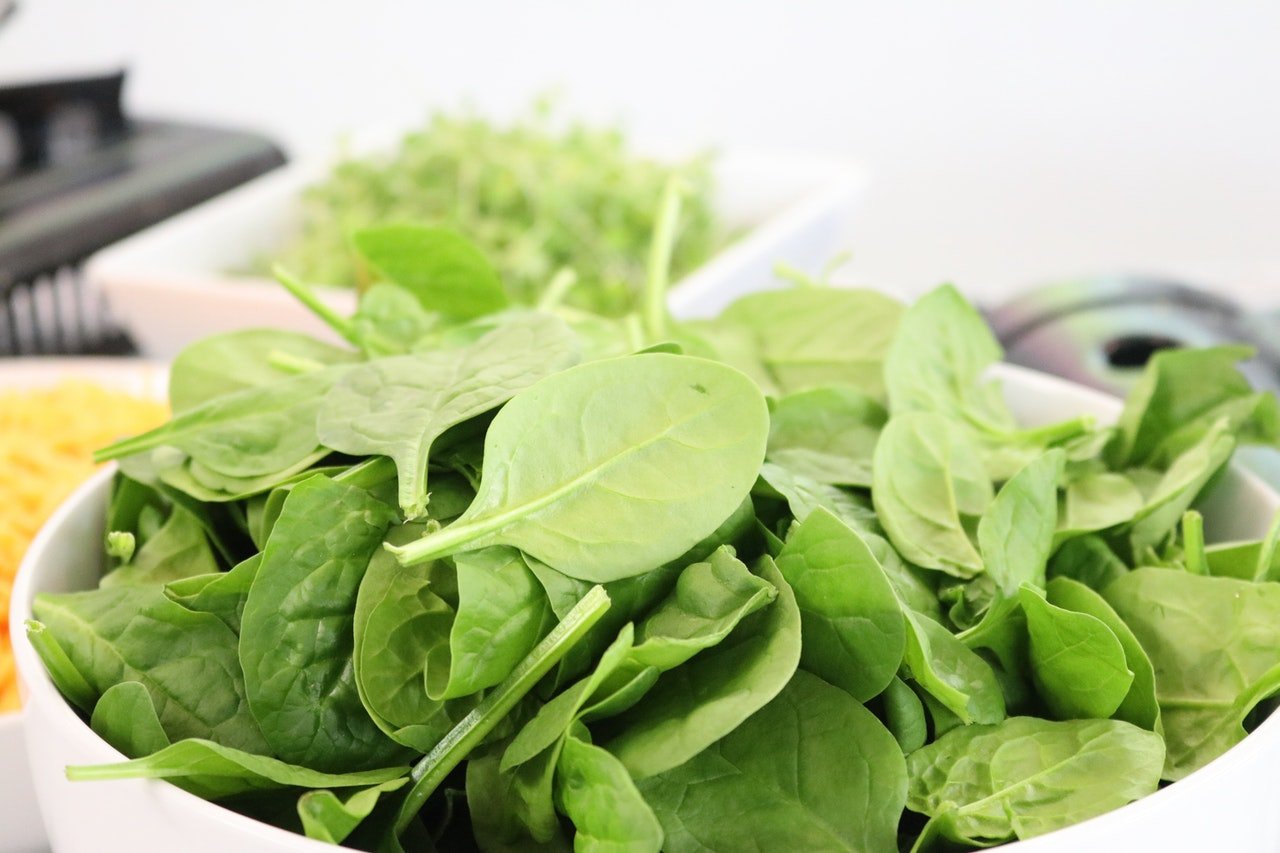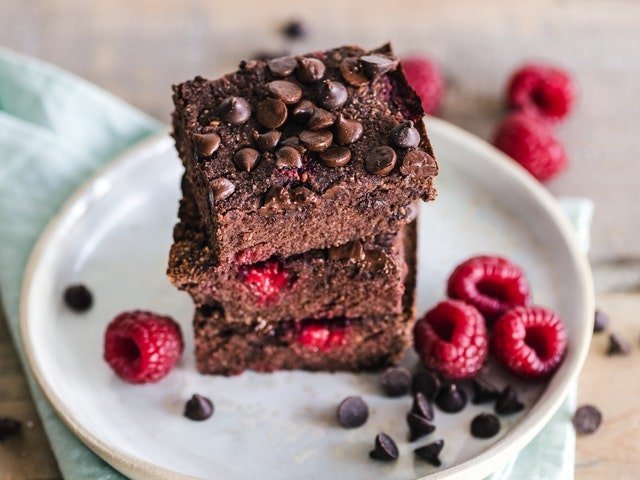These days, there’s a smart version of pretty much every home device you can think of. In general, these products connect to the internet, so you can control them from your phone via a companion app. Most also work with various forms of voice control.

We’re all feeling the effects of COVID fatigue, but did you know that certain lifestyle choices may help boost your brain power? A growing field of research in neuroplasticity, which is how neural networks change and grow, offers ways we can help our brain stay healthy and functioning at its best. Erin Nella, a neuroscience dietitian at UC Davis Health, shares eating tips to help keep your brain healthy.
Step up your fish intake for brain function
The impact of fish intake on brain function has been a popular area of research over the last several decades. Most recently, a 2020 analysis of over 7,000 participants found that higher fish intake was associated with higher brain function and slower rates of mental decline. A separate 2017 study of over 500 children found that “frequent fish consumption was related to both fewer sleep problems and higher IQ scores.”
Try to enjoy two or more servings per week of higher Omega-3 and lower mercury fish such as salmon, anchovies, sardines and freshwater trout. Experts suggest baking or broiling when preparing the fish.


Make it berry beautiful to boost memory
They’re more than just a pretty food – berries have been found to boost memory and brain performance with consistent intake, which could possibly delay brain health decline. A 2017 study found that older adults who ate blueberries daily had significantly better scores on a variety of cognitive tests after 90 days. Blueberries are especially popular with brain performance research.
Adding berries to your breakfast or as an afternoon snack are easy ways to eat more. A lot of the research uses freeze-dried blueberries, so you don’t always need to always buy fresh. However, you do want to be sure to avoid any added sugars.

Go green with leafy vegetables
It may not be a surprise that green leafy vegetables are healthy for your body, but did you know they’re also good for your brain? A 2017 study of 960 middle-aged to elderly people found there was less decline in brain function with aging in those who consumed more of the following:
- phylloquinone (leafy greens, broccoli, cabbage and seaweed)
- lutein (leafy greens, peas and winter squash)
- α-tocopherol (almonds, tomatoes, and leafy greens)
- β-carotene (carrots, sweet potatoes, leafy greens, and cantaloupe)









